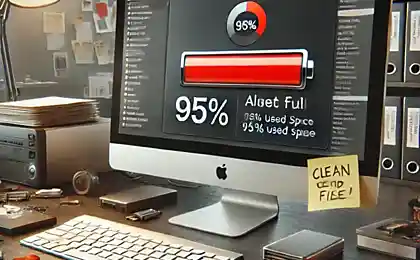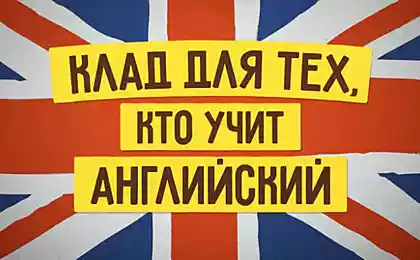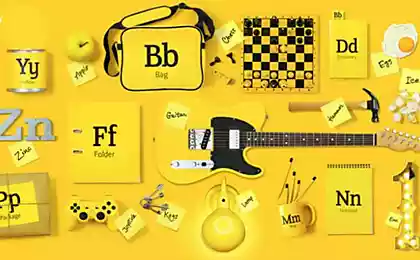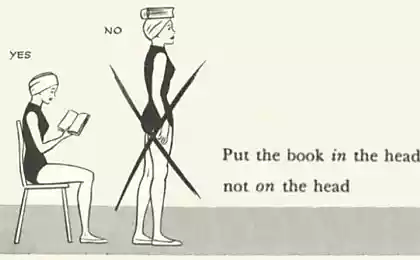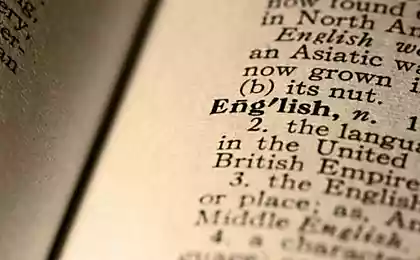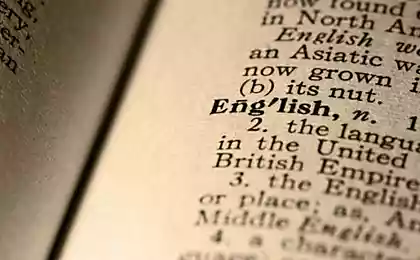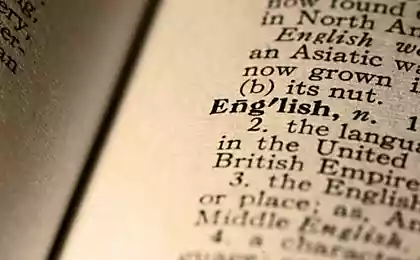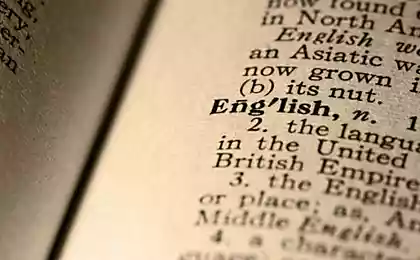308
What phrases are necessary for free communication in English
Every day in the world more and more people are learning English. Not surprisingly, it ranks second in the world in terms of the number of carriers, and therefore it can be considered truly universal!
If you set yourself the task speak EnglishYou will need basic phrases, without which no English-speaking person can speak. That's why the editorial board "So Simple!" prepared for you listThey are useful in spoken English.
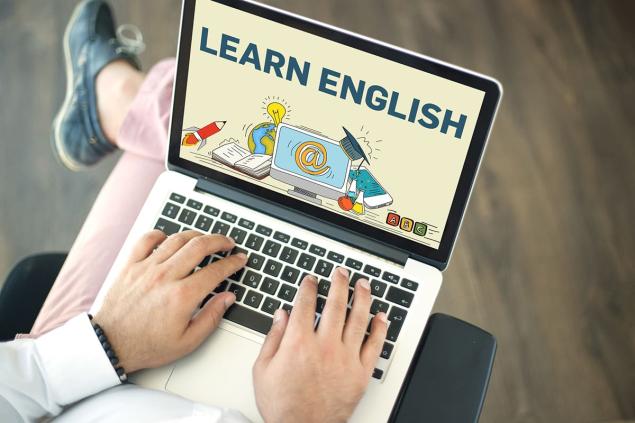
Phrases in English for communication
To the detailed list, attach a video for those who want to hear the correct pronunciation of each of these phrases. with examples of use from movies and cartoons. In addition, you will be able to familiarize yourself with 5 more spoken expressions.
about:blank
You need to give yourself time to learn these things. basic spoken phrases in English. However, you will be able to surprise any native English speaker. Good luck!
If you set yourself the task speak EnglishYou will need basic phrases, without which no English-speaking person can speak. That's why the editorial board "So Simple!" prepared for you listThey are useful in spoken English.

Phrases in English for communication
- "I (seriously) doubt it" - "I doubt it very much" The phrase “I doubt it” will help you express your doubts. You can also add the word “seriously” if you are in doubt.
- "There is no point" - "There is no point" If you don’t see the point of doing something, you can say, “There is no point.” - "It's pointless."

- There is no point in (doing) - "There's no point doing ..." With the phrase “There is no point”, you can build a full sentence to indicate which action is meaningless. To do this, after the phrase “There is no point”, add the preposition “in”, and then gerundium – the verb with the ending “ing”. So we get a whole sentence like, "There is no point in talking if you have got nothing to say."
- "I take it..." - "I understand that..." Expression is used when you draw a conclusion from what you see or hear. This is an analogue of the Russian phrase “I understand that...” after which we share our conclusions. For example: “You look sad. I take it, you failed the eam, you look sad. I take it you failed the exam.”

- "Not a big deal / No big deal / No biggie" - No big deal Use the phrase “Not a big deal” or its abbreviated forms when you want to show that a situation is not a problem or a big event. For example, someone apologized to you for the inconvenience, and you comforted them by saying, “Don’t worry.” It's not a big deal. - Don't worry. It doesn't matter.”
- "How did it go?" - "How did it go?" If your partner had an important event and you want to ask how it went, ask them the question “How did it go?” An indispensable expression for sensitive friends!

- "Just so you know" - Just so you know Usually used in speech, when the speaker transmits some important information under the guise of additional. In this case, the person may expect some further action. Like, "It's my birthday tomorrow." "Just so you know" - "It's my birthday tomorrow." Just so you know.
- "I told you so." "I told you so." If your English-speaking friend, despite your advice, did his own thing and got into trouble, the appropriate phrase would be the phrase "I told you so."
- "Just lost in thought" - Just thought It happens that we are very tired, think about something for a long time and look at one point. When we are asked, “Hey, are you here?” we may say, “Just lost in thought.” Literally, this phrase can be translated as “just lost in thoughts”.

- "Say no more" - "You may not go on" Sometimes we already know from the first words what the interlocutor wants to say. Then you can interrupt it by saying “Say no more.”
- "That happens" - "It happens" Has your partner made a mistake and is now worried about it? Try to comfort him with the phrase "That happens."

- "The point is ..." - "The point is that..." Native English speakers use this phrase to explain the reason for their actions. “The point is I didn’t know that it was your car.”
- "I didn't see it coming" - "I didn't know it would happen." Let’s say that there was a problem, you tried to solve it, but the decision was wrong. You can try to justify yourself by saying, "I didn't see it coming."
- "Ew...gross!" - "Ew, that's gross!" When Americans see something very unpleasant (for example, a mountain of dirty dishes over which flies fly), they usually say “Ew...gross!”, which expresses disgust.

- "That's weird." - "That's weird." But when faced with something strange, incomprehensible, the English-speaking person comments on it with the phrase “That’s weird”.
- "I'm not buying it / I don't buy it" Someone tells you something, and you know it's not true. Under such circumstances, you can say directly “I’m not buying it” or “I don’t buy it” – “I’m not buying it.”

- "That's too bad" - "That's too bad" Another way to sympathize with a person who has something unpleasant happened. It should be noted that this expression in no case wordless ("This is too bad").
- "No offense" - "No offense" Sometimes, we have to be the “messenger” with bad news. And to soften a person's reaction to the news, we start the conversation with the phrase "You're not offended, but ...", and in English you can replace it with a phrase. "No offense.".
- "I mean it" - "I'm serious, I'm not kidding." It is used when a person wants to show the seriousness of his words.

- "(That's) awesome!" "(That's) awesome!" Great! A very useful adjective in case something wonderful and joyful happened.
- "(I'll) be right back" (I'll be right back) If you are going to leave for a while, use the common phrase “I’ll be right back”. By the way, the abbreviation "I'll" is often omitted, so you can just say "Be right back" and everyone will understand.
- "That's / What a Bummer!" - What a bummer! If your expectations didn’t materialize and things didn’t go as you expected, it’s time to admit “That’s/What a bummer!”

- "No wonder...." "No wonder, no wonder that ..." Your friend is sad and you try to cheer him up, but nothing works. Then he tells you the real reason for his depressed state, like being fired. In such a situation, you can say, "Then no wonder you are sad." "Then it's no wonder you're sad."
- It's not that I...it's just that... - "Not that I'm just ..." Another way to make excuses in English. This will only require two short sentences. It's not that I don't believe you...it's just that I'm a bit surprised “I don’t believe you, I’m just surprised.”
- "No way!" - "No way!" "Wow!" With the phrase “No way!” you can show your 100% rejection of a proposal or idea. However, the same expression can demonstrate our great surprise when we are told some shocking news.

To the detailed list, attach a video for those who want to hear the correct pronunciation of each of these phrases. with examples of use from movies and cartoons. In addition, you will be able to familiarize yourself with 5 more spoken expressions.
about:blank
You need to give yourself time to learn these things. basic spoken phrases in English. However, you will be able to surprise any native English speaker. Good luck!













